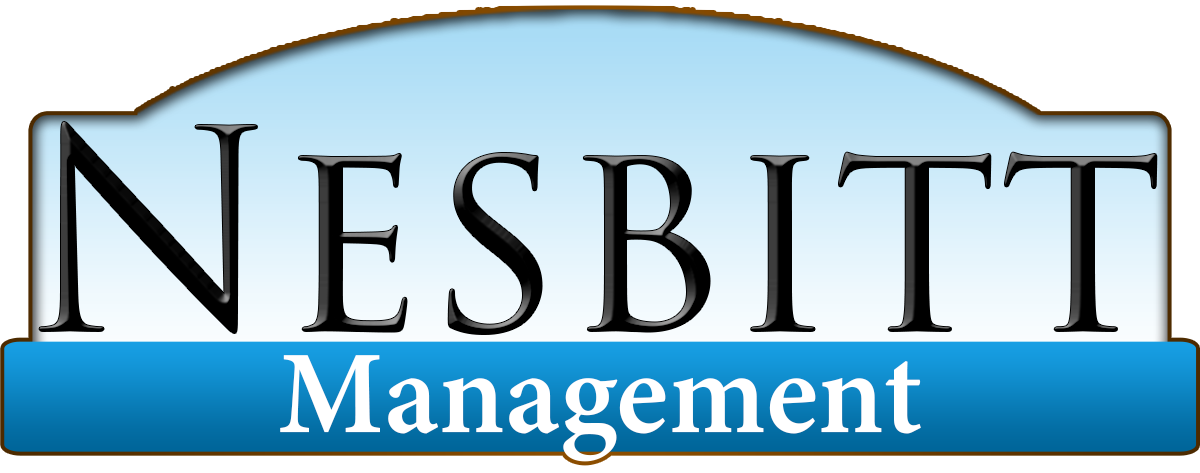Building a Sense of Belonging
When residents feel connected to their community, they are more likely to take pride in their neighborhood and contribute positively. Community engagement initiatives help build a sense of belonging, making residents feel valued and included. This can be achieved through regular communication, social events, and opportunities for residents to get involved in HOA activities.Enhancing Communication
Effective communication is the backbone of community engagement. It ensures that residents are informed about important updates, events, and changes within the community. Regular newsletters, emails, and a well-maintained HOA website can keep everyone in the loop. Additionally, using social media platforms can facilitate real-time communication and foster a sense of community online.Increasing Participation
Active participation from residents is essential for the success of any HOA. When residents are engaged, they are more likely to attend meetings, vote on important issues, and volunteer for committees. Encouraging participation can be done by making involvement easy and accessible. For example, scheduling meetings at convenient times and offering virtual attendance options can boost participation rates.Strengthening Relationships
Community engagement helps strengthen relationships among residents and between residents and the HOA board. Social events such as block parties, holiday celebrations, and community clean-up days provide opportunities for residents to meet and bond. These events can also serve as a platform for residents to voice their concerns and provide feedback to the HOA board.Fostering Transparency
Transparency is a key factor in building trust between the HOA board and the residents. Engaging the community through open forums, Q&A sessions, and transparent decision-making processes helps build trust and ensures that residents feel their voices are heard. When residents trust the HOA board, they are more likely to support its initiatives and comply with community rules and regulations.Case Study: Successful Community Engagement
Consider a community managed by Nesbitt Realty that struggled with low participation and a sense of disconnect among residents. By implementing a comprehensive community engagement plan, which included regular newsletters, social events, and a user-friendly HOA website, the community saw a dramatic increase in resident participation and satisfaction. Residents began attending meetings regularly, volunteering for committees, and participating in social events, resulting in a stronger, more cohesive community.Resolving Conflicts
Effective community engagement can also help in resolving conflicts within the community. By providing platforms for residents to express their concerns and facilitating open dialogue, the HOA can address issues before they escalate. Mediation sessions and conflict resolution workshops can also be beneficial in maintaining harmony within the community.Encouraging Community Improvements
Engaged communities are more likely to take initiative in improving their surroundings. Whether it’s organizing a neighborhood watch program, starting a community garden, or initiating sustainability projects, engaged residents are proactive in making their community a better place to live. The HOA can support these initiatives by providing resources and recognizing the efforts of active residents.Promoting a Positive Community Culture
Community engagement helps promote a positive culture where residents feel connected, informed, and valued. This positive environment can lead to higher property values, as potential buyers are often attracted to vibrant, engaged communities. Furthermore, a positive community culture can enhance the overall quality of life for residents, making the neighborhood a desirable place to live.Conclusion
Community engagement is essential for effective HOA management. By building a sense of belonging, enhancing communication, increasing participation, strengthening relationships, fostering transparency, and promoting a positive community culture, HOAs can create thriving neighborhoods where residents feel connected and valued.At Nesbitt Realty, we believe in the power of community engagement to transform neighborhoods. By implementing these strategies, HOAs can foster a sense of community that benefits all residents and contributes to the overall success and harmony of the neighborhood.
